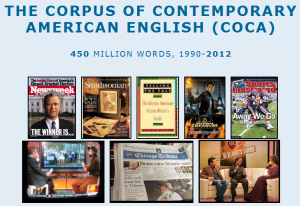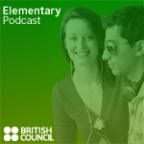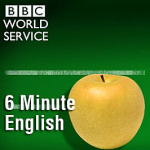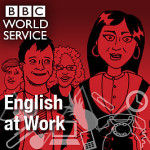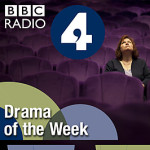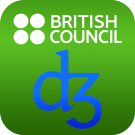Согласование времен и косвенная речь
Согласование времен и перевод прямой речи в косвенную
Можно говорить о разных видах согласования времен. Бывает согласование времен в рамках одного сложного предложения, а бывает и в рамках параграфа или даже целого текста. О согласовании прошедших времен можно также почитать на странице сравнения прошедших времен.
Вопрос о согласовании времен возникает только тогда, когда речь идет о прошедших временах. То есть, если говорить о сложноподчиненных предложениях, когда главное предложение в прошедшем времени.
Если в главное предложение в сложноподчиненном предложении стоит в прошедшем времени, то и придаточное, т.е. подчиненное предложение тоже будет в прошедшем. В русском языке предложения в этом случае не согласуются. Главное может быть в прошедшем, но это никак не влияет на время в придаточном предложении.
Все это особенно касается перевода предложений из прямой речи в косвенную.
Итак, при перводе из прямой речи в косвенную, если главное предложение в прошедшем времени, то и подчиненное предложение будет переводиться в различные прошедшие времена по следующей схеме:
| Прямая речь | Косвенная речь |
Present Simple
|
Past Simple
|
Present Continuous
|
Past Continuous
|
Present Perfect
|
Past Perfect
|
Present Perfect-Continuous
|
Past Perfect Continuous
|
Past Simple
|
Past Perfect
|
Past Continuous
|
Past Perfect Continuous
|
Future Simple
|
Future Simple in the Past
|
Future Continuous
|
Future Continuous in the Past
|
Future Perfect
|
Future Perfect in the Past
|
На страничке о say/tell можно узнать, в чем между ними разница.
Модальные глаголы меняются в косвенной речи следующим образом:
| Прямая речь | Косвенная речь |
can
|
could
|
may
|
might
|
will
|
would
|
must
|
had to
|
could
|
could
|
might
|
might
|
should
|
should
|
Что касается местоимений, то никакой разницы между русским и английским языками здесь нет.
Например:
«I love you.» (Я тебя люблю.)
He told her that he loved her. (Он сказал ей, что он ее любит.)
Сложнее с обстоятельствами места и времени и некоторыми другими словами. Они меняются, как показано ниже:
| Прямая речь | Косвенная речь |
this
|
that
|
these
|
those
|
here
|
there
|
now
|
then
|
tonight
|
that night
|
yesterday
|
the day before/the previous day
|
tomorrow
|
the next day/the following day
|
last year/month…
|
the previous year/month
|
next year/month
|
the following year/month
|















